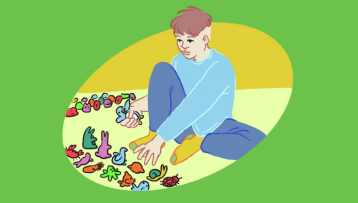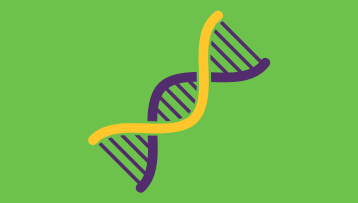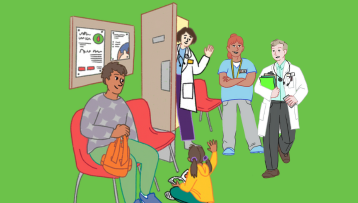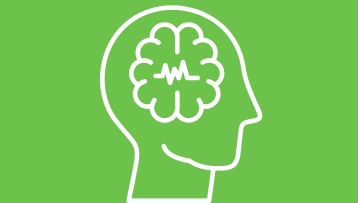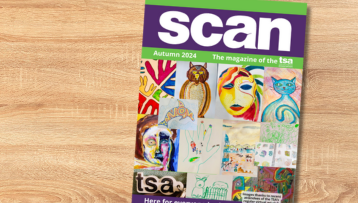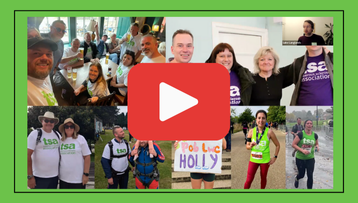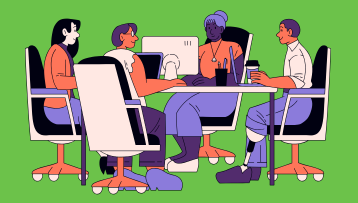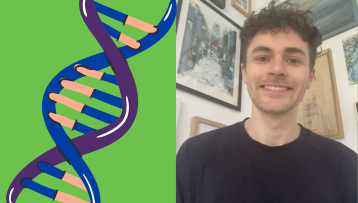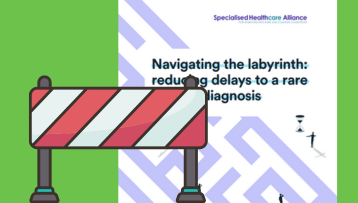If you or someone you care for has Tuberous Sclerosis Complex (TSC), you may have experienced times when new symptoms of TSC were brushed aside or not fully explored. In fact, you might have even had symptoms completely unconnected to TSC also not taken seriously. If a health, education or social care professional assumes that any new symptom is “just part of TSC”, without proper investigation, this is known as diagnostic overshadowing.
Diagnostic overshadowing is when a person’s existing diagnosis, such as TSC, is wrongly assumed to be the cause of all other symptoms or challenges. This assumption can lead to new or unrelated symptoms being overlooked or not taken seriously. As a result, there might be delays to the right diagnosis and accessing support. It could also lead to feeling dismissed or unheard.
It’s useful to know more about diagnostic overshadowing and what you can do about it. It can happen in many different settings, including GP or hospital appointments, mental, social or disability services, or even in school or workplace settings. It’s especially common for people who have rare conditions to experience diagnostic overshadowing.
As a result of diagnostic overshadowing, things that might be missed include:
- Mental health needs, such as anxiety, depression or mood changes
- Developmental conditions, such as autism or ADHD
- Pain or illness, such as headaches, stomach pain or injury
- Behavioural or sensory changes, which may point to something new
For example, if someone with TSC shows signs of anxiety, it may be wrongly attributed to their existing neurodevelopmental needs. Instead, the professional should explore what’s really going on and what support might help. Even if the symptoms are in direct relation to TSC, these symptoms or challenges need taken seriously and the right support put in place.
To spot diagnostic overshadowing, it might be helpful to be mindful of hearing things like “it’s just part of TSC”. Similarly, you might be told “I don’t know how to support someone with TSC and this symptom”. You might also be told there’s no need to investigate further, or feel like your concerns aren’t being heard or actioned.
It might be that you don’t recognise diagnostic overshadowing until after an appointment has happened. For example, a change in health, behaviour or mood that you’ve highlighted might not be followed up with any support. Remember to trust your instincts: If something feels different or you know something has changed in your health or the health of a loved one, you deserve to be listened to.
If you feel your concerns are being dismissed or not taken seriously, ask for clarification. You can say something like “Can we talk about what else this could be, apart from TSC?” Be sure to also keep notes about symptoms, like when they started and what you’ve tried. You could also request a second opinion, which you’re every entitled to do.
It’s important to also remember that professionals are here to help. If you’d like to discuss diagnostic overshadowing more, speak to the TSA Support Line.









